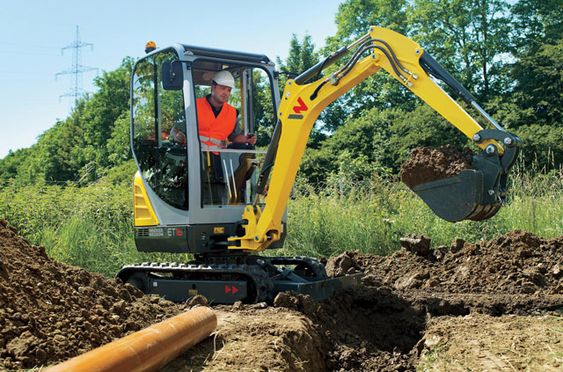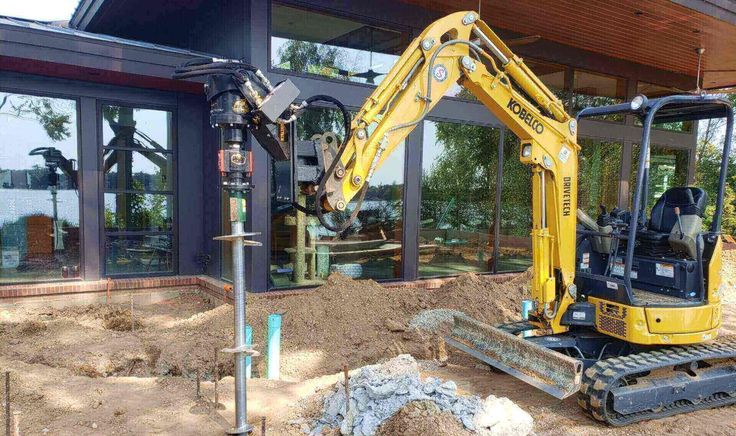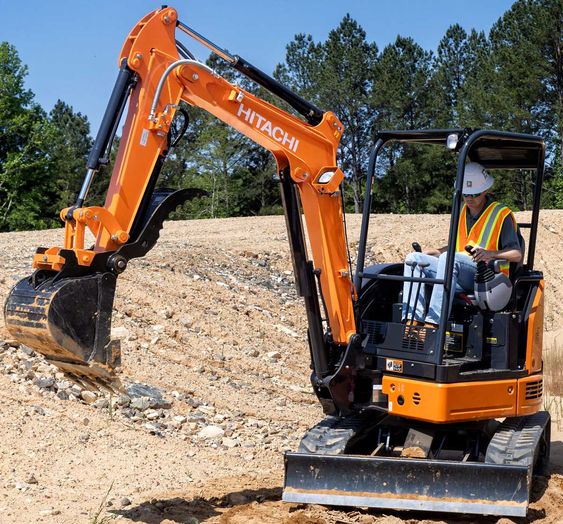Navigating digger operator charge-out rates in Auckland requires careful consideration before booking one in. It’s essential to evaluate various pricing models from hourly and daily rates to project-based and variable pricing to ensure they align with your project’s scale and financial plan. This guide delves into crucial factors to help you make a well-informed decision when selecting a digger operator.
Rates:
- Hourly Rates: This is a common charging method where digger operators charge per hour worked. Hourly rates can vary widely based on factors such as the type of machinery used, the complexity of the task, and the operator’s experience level.
- Daily Rates: Some digger operators prefer to charge a flat daily rate, especially for longer projects where the scope of work is well-defined. Daily rates may offer cost savings compared to hourly rates for extended periods of equipment use.
- Project-Based Rates: For larger projects or specific tasks with a clearly defined scope of work, operators may offer a fixed project rate. This can provide budget certainty and may include factors like equipment setup, fuel costs, and operator expertise.
- Variable Rates: In some cases, rates may vary based on the type of work being performed. For instance, complex tasks requiring specialized equipment or additional safety measures may command higher rates compared to routine excavation work.
For your digger projects call us now at 0800 514 514 or email as at info@williamspropertyservices.co.nz for free quote.
FAQ (Frequently Asked Questions):
How do hourly rates compare to daily rates?
Hourly rates are typically used for shorter-term jobs where the exact duration may vary, while daily rates are advantageous for longer projects with predictable timelines. Daily rates often offer cost savings for extended equipment use.
When should I consider project-based rates?
Project-based rates are ideal for well-defined projects where the scope of work is clear. They provide budget certainty since the total cost is agreed upon upfront, considering factors like setup, fuel, and expertise required.
Why might rates vary for different types of work?
Rates can vary based on the complexity of tasks, equipment requirements, and safety considerations. Specialized tasks or those requiring specific equipment may justify higher rates due to increased operational costs and expertise.
How can I determine which rate structure is best for my project?
Consider factors like project duration, scope of work complexity, budget constraints, and the need for cost predictability. Discussing these aspects with operators can help in choosing the most suitable rate structure.



